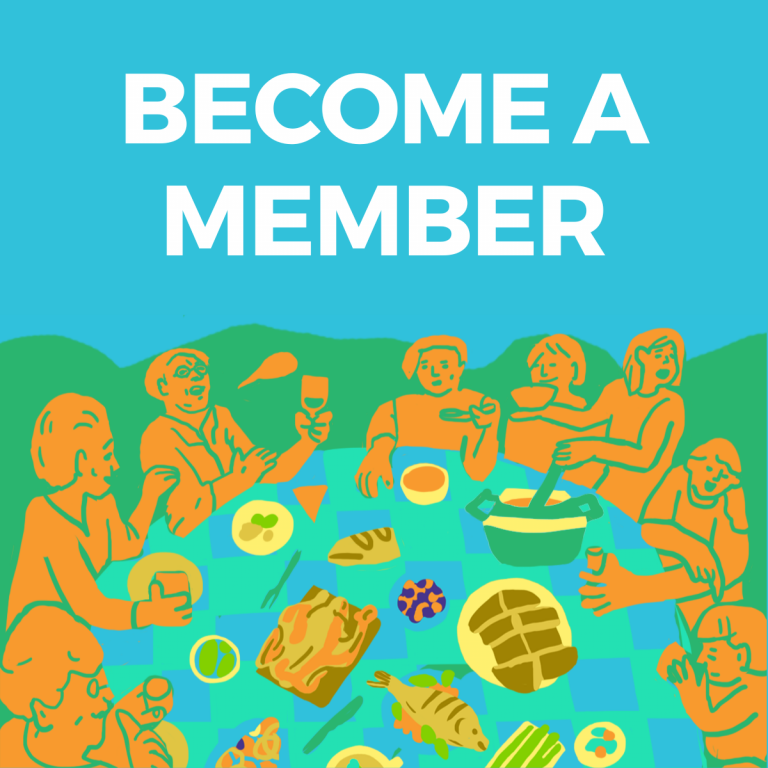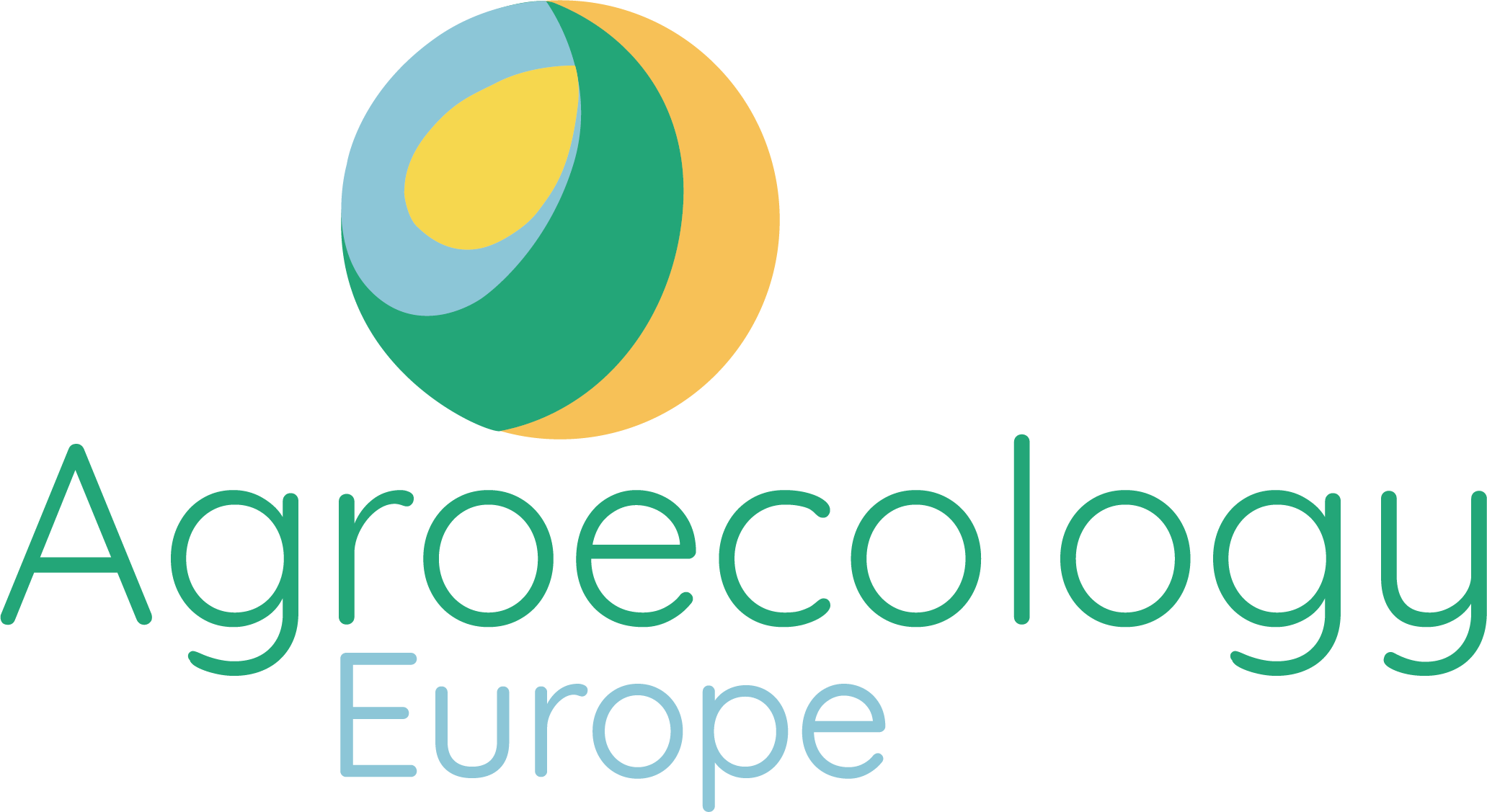
Agroecology Europe (AEEU) is a membership-based association.
Membership is open to all individuals, groups, associations, and institutions interested in promoting agroecology.
AEEU aims to define its agenda through the participatory engagement of its individual and organisational members. Among the several objectives and activities of the Association, there are diverse possibilities for members to participate and become active.
Membership benefits
- Network: We foster interaction and knowledge sharing to create an inclusive European community of professionals, practitioners, and societal stakeholders in agroecology.
- Policy influence: We provide an exclusive platform for members to build the Association’s position on key policy issues, identify priorities, and elaborate policy recommendations for the consideration of EU stakeholders that the Secretariat interacts with in Brussels.
- Representation: Joining the movement of hundreds of members—including farmers, scientists, educators, experts—strengthens our collective voice, credibility, and weight to promote the agroecological transition. AEEU represents this constituency in EU policy discussions and expert meetings.
- Resource: The Secretariat taps into the vast and deep knowledge base of members to support project activities, advise new project proposals, act as event speakers, and inform EU policy conversations.
- Organizational input: Members can vote and get elected in the General Assembly to be a member of the Board, officially approve the Association’s financial plans, access the intranet, and initiate and participate in working groups.
- Financial support: Members can participate at reduced cost at the Agroecology Europe Forum and other events. Membership fees contribute to the Association’s budget to continue delivering its mission.
Being a member
As a member, you will receive exclusive news, opportunities, and event invitations through AEEU newsletters and emails.
The Secretariat hosts monthly members meetings as a platform to exchange ideas, network with other members, engage with current developments in the agroecology landscape, and shape the position of AEEU on policy issues.
Organisational membership
Joining AEEU as an organisation gives you visibility on the AEEU website. It enables two persons from the organisation to benefit from reduced tickets to AEEU Forums and any staff members to join monthly members meetings and apply for funding for participatory workshops under the EU LIFE Grant.
Membership fees
Your membership is activated after payment of the annual subscription fee and lasts until the end of the given calendar year (membership activated on any given day of the year will be active until 31 December of that year). Membership can be continuously renewed or upgraded.
6 categories of membership
Ordinary members
Any individual in Europe or elsewhere interested in the objectives of the Association. Ordinary members include for instance professionals and seniors.
80 euros/year
Supported Members
Students (including PhD students), low-income and unemployed people.
30 euros/year
(suggested initial amount for supported members but possibility of ‘pay as you wish’)
NGO members
Any international or European non-governmental organisation interested in agroecology.
100 euros/year
Private companies
Any international or European private company interested in agroecology.
160 euros/year
Sustaining Members
Organizations or individuals willing to provide financial support for the Association.
minimum 200 euros/year
Honorary members
Distinguished persons proposed by the Board. Honorary Members are persons who have made an outstanding contribution to the Association.
